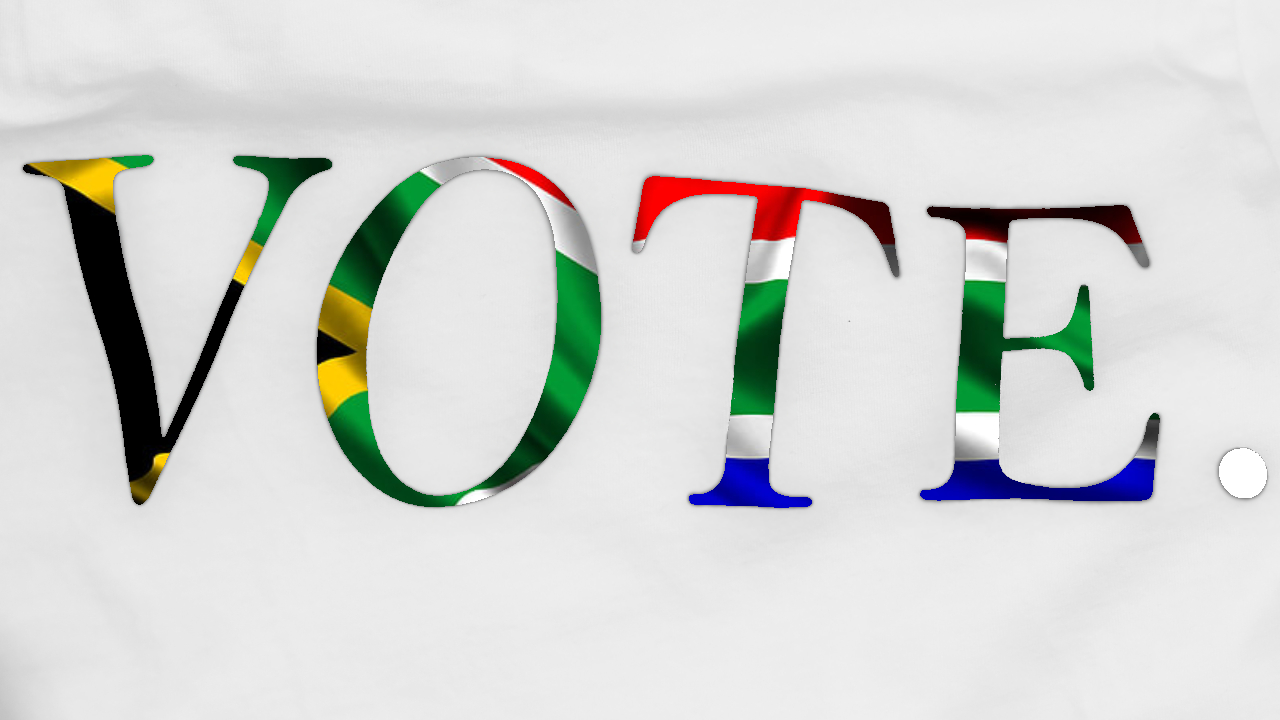- As elections approach, fake news and disinformation on social media are in full tilt.
- Media Monitoring Africa says that fake news has the potential to affect election outcomes and can cause harm to users through manipulation.
- However, there are a number or local online tools and websites that can be used to check facts and find the truth from the lie.
There is no debate anymore, fake news on social media is dangerous, and according to Media Monitoring Africa, it poses a threat to South Africa’s democratic elections which are set to be held at the end of this month.
Especially now during a time with such competitive elections, and when so many South Africans are so publically undecided on who to vote for, defending ourselves against fake news and disinformation about the elections should be a priority for anyone wanting to cast their vote on 29th May.
“With the dramatic increase in misinformation and disinformation on social media platforms and the lack of strong digital and media literacy skills among the public, it becomes more important than ever before for traditional media to not only be credible but also well equipped to deliver their mandate of informing and educating,” explained Nomshado Lubisi-Nkosinkulu, Media Monitoring Africa Communications manager, as per SA News.
Lubisi-Nkosinkulu says that as a country moves closer to elections, misinformation, disinformation and other digital harms are not just likely, they are a certainty and their prevalence can affect democratic elections.
She adds that disinformation always has “a grain of truth” which makes the public angry, frustrated, fearful, anxious and uncertain and can sway their vote towards certain candidates instead of others, when most of the time the information is inaccurate.
Luckily there are many different online resources available where you can go to check if a story is fake or not. Media Monitoring Africa has a database of these online tools, and they are all freely available.
Here are just a few:
- Knowknews – an extension that identifies historically dodgy and fake news sites while you browse;
- Open & Disclose – a database of African media organisations that have agreed to be transparent according to independent processes;
- Churnalism – give this tool an article link and it will be able to tell you if the story has been copy-pasted before or if it is just a press release published as is;
- MediaMic – see which people are being talked about most in the media across South Africa and when.
The official IEC-launched fake news and disinformation busting platform is Real411.org, and you can even find it as a mobile app. This platform goes through articles from major publishers and viral posts on social media and calls them into question.
One of the best sources of facts against fake news and fake claims is AfricaCheck.org. The fine people at this website painstakingly go through social media claim after claim and use citations to tell citizens if the claims are true, false or partly true.
We heartily recommend giving it a go. One interesting fact check that we saw is the government’s claims to have created 14 million jobs in 20 years. This check breaks down all the different complexities of this issue, and even found that government created more than 14 million jobs, and was missing out on claiming a larger figure.

